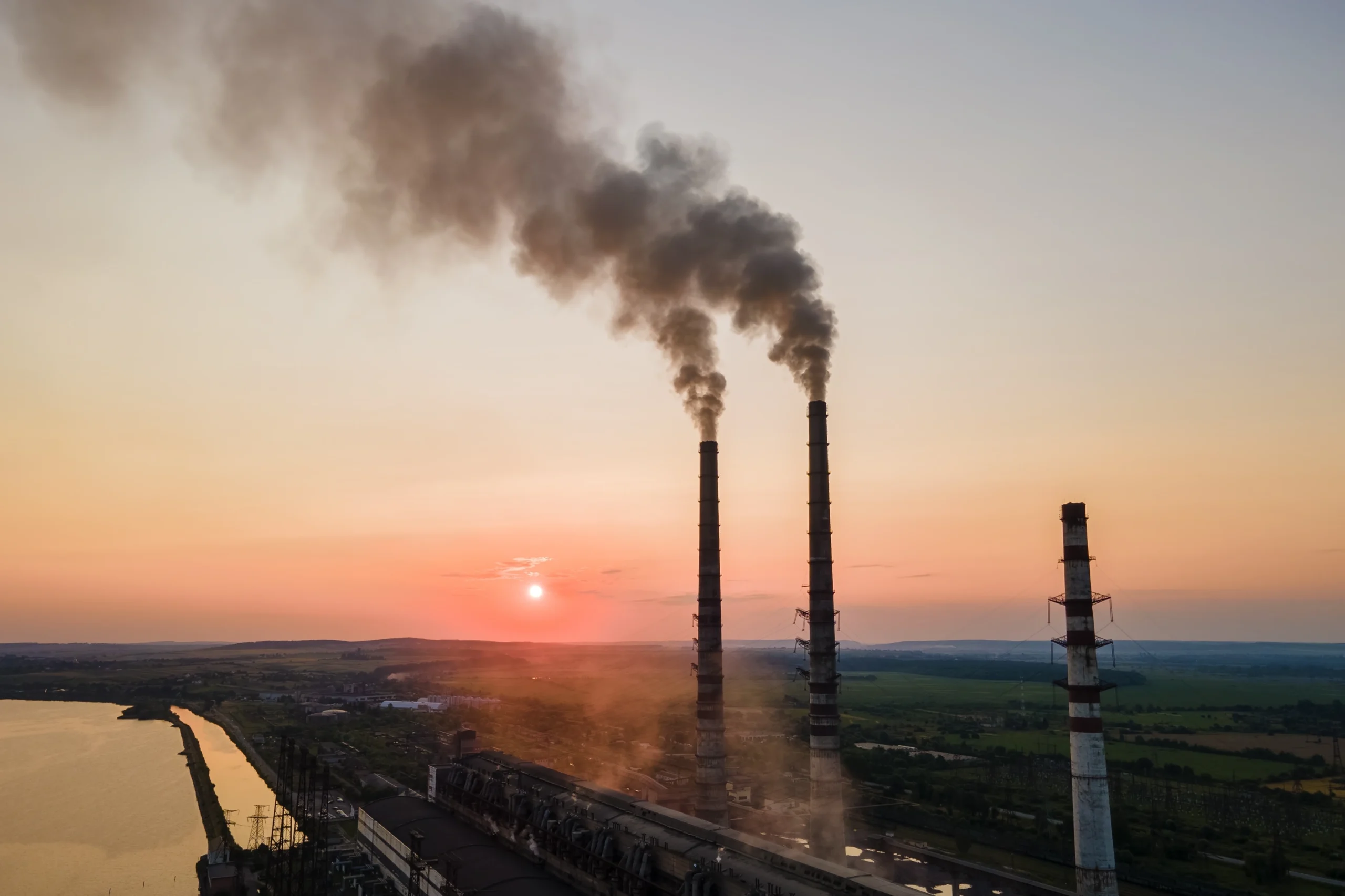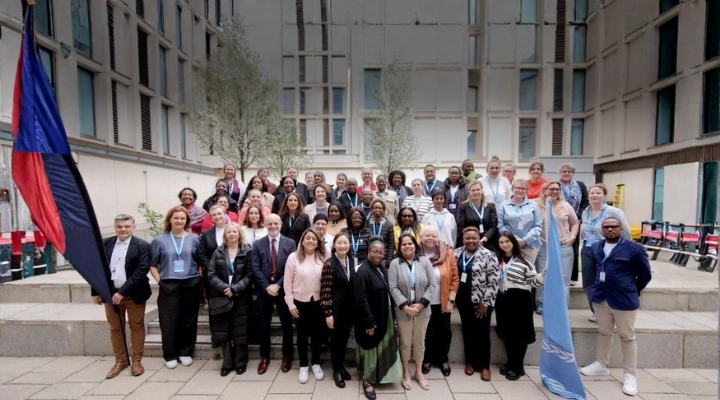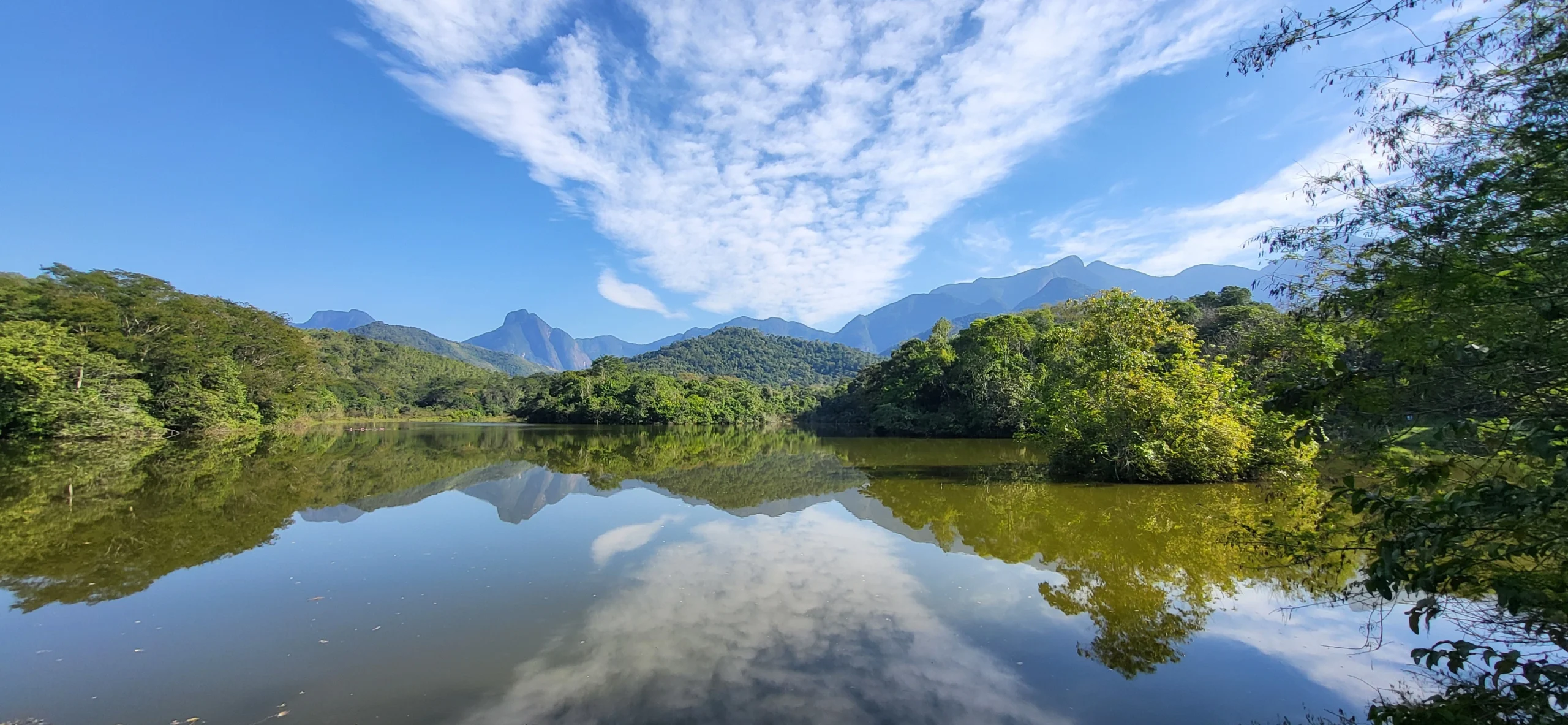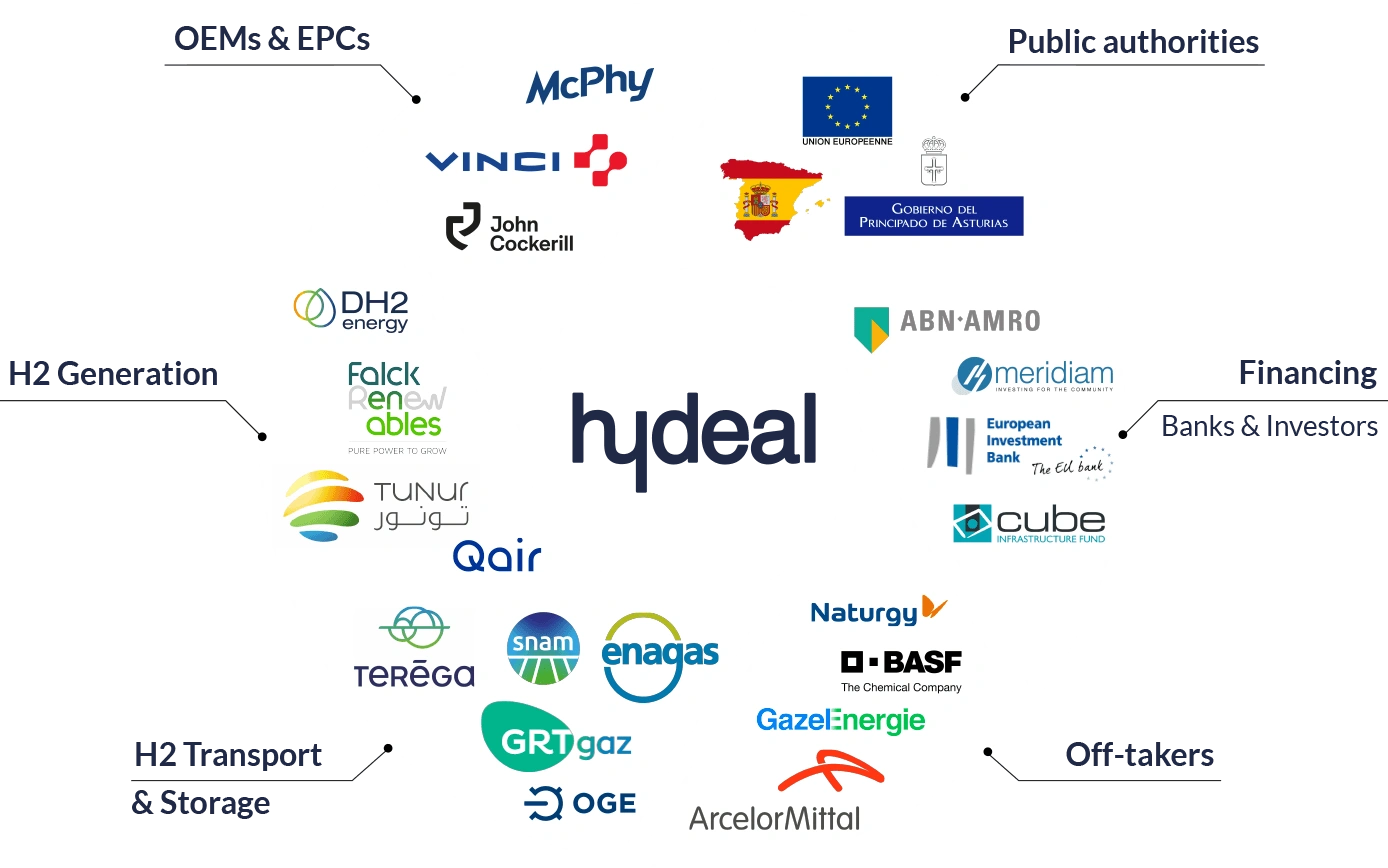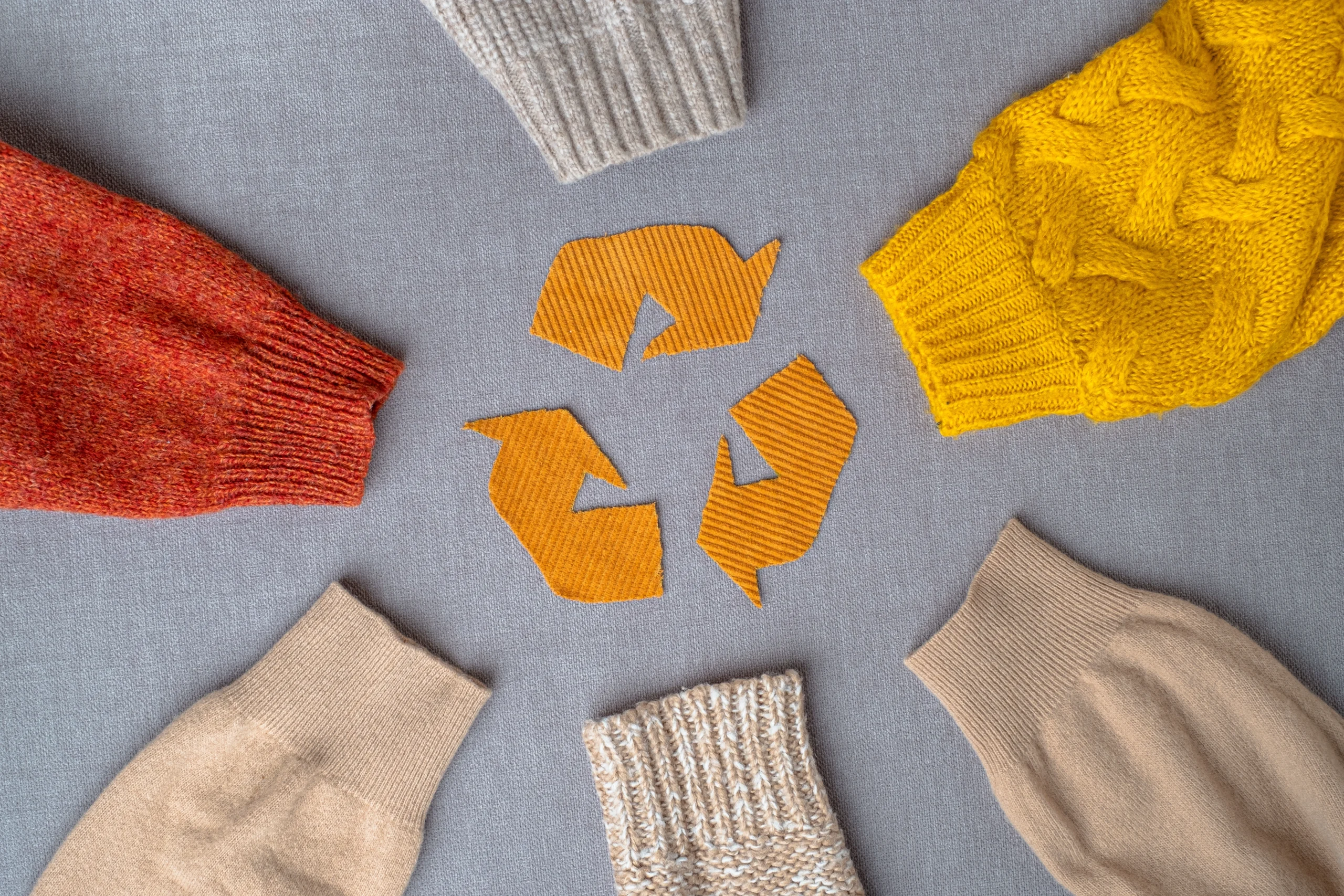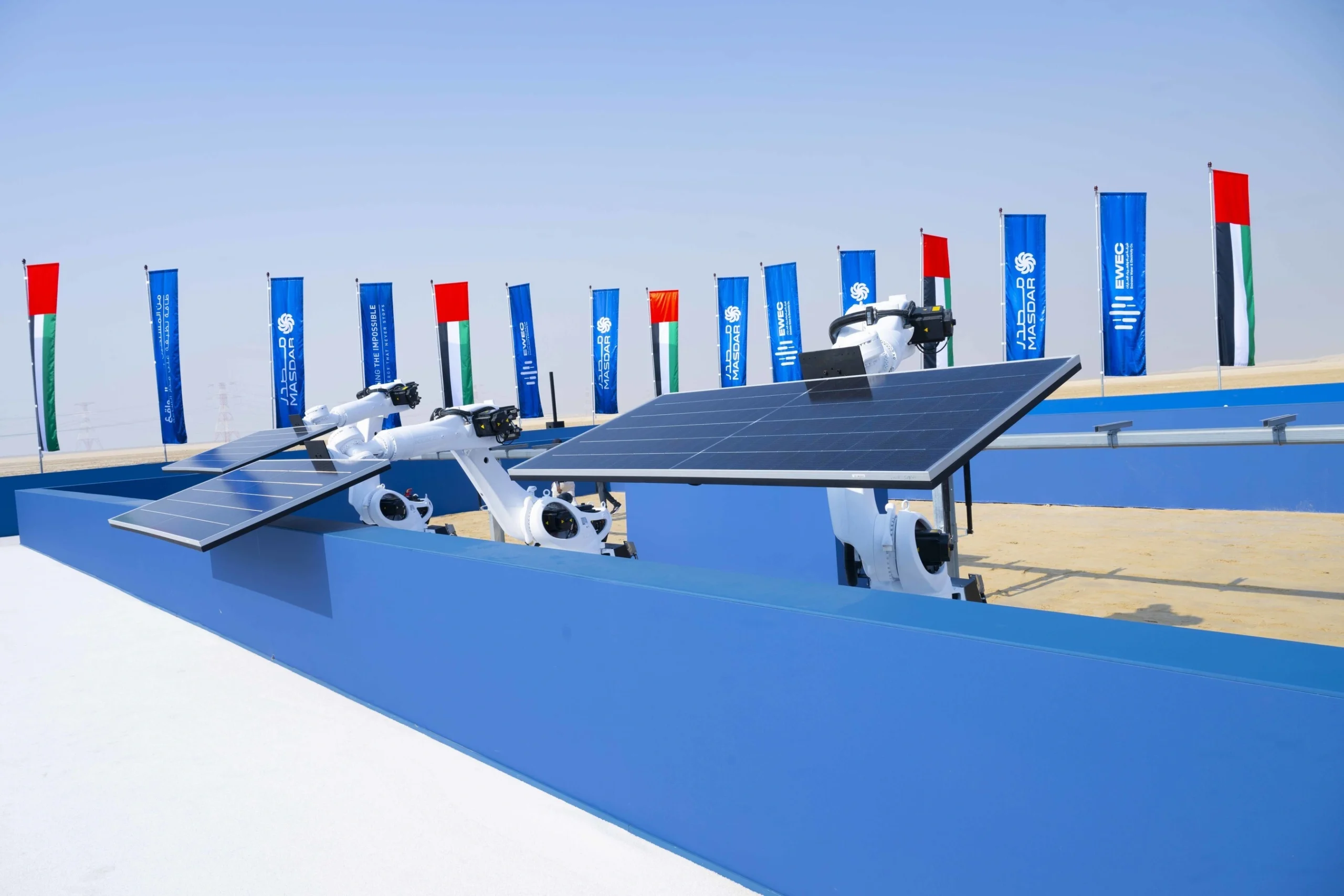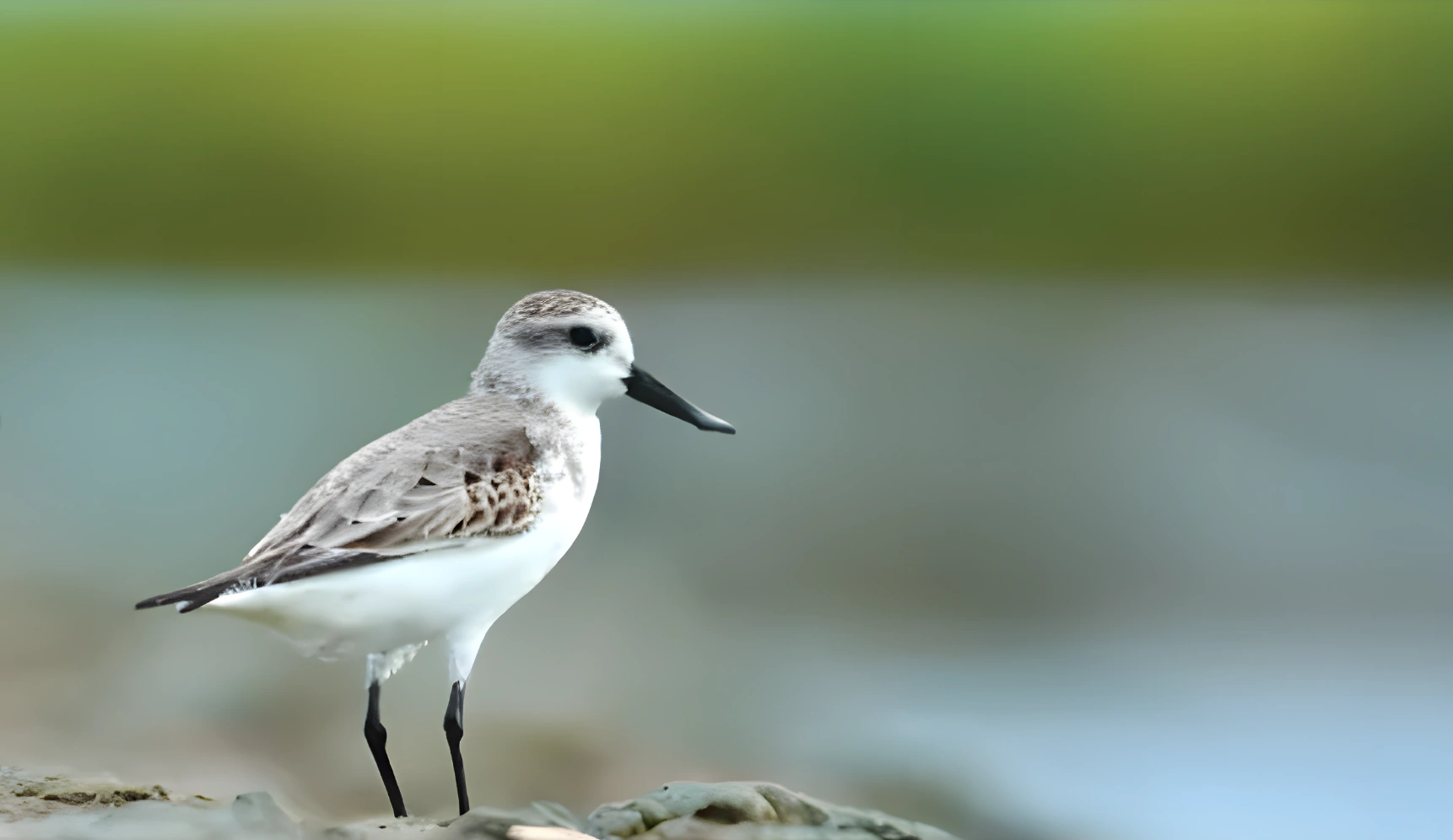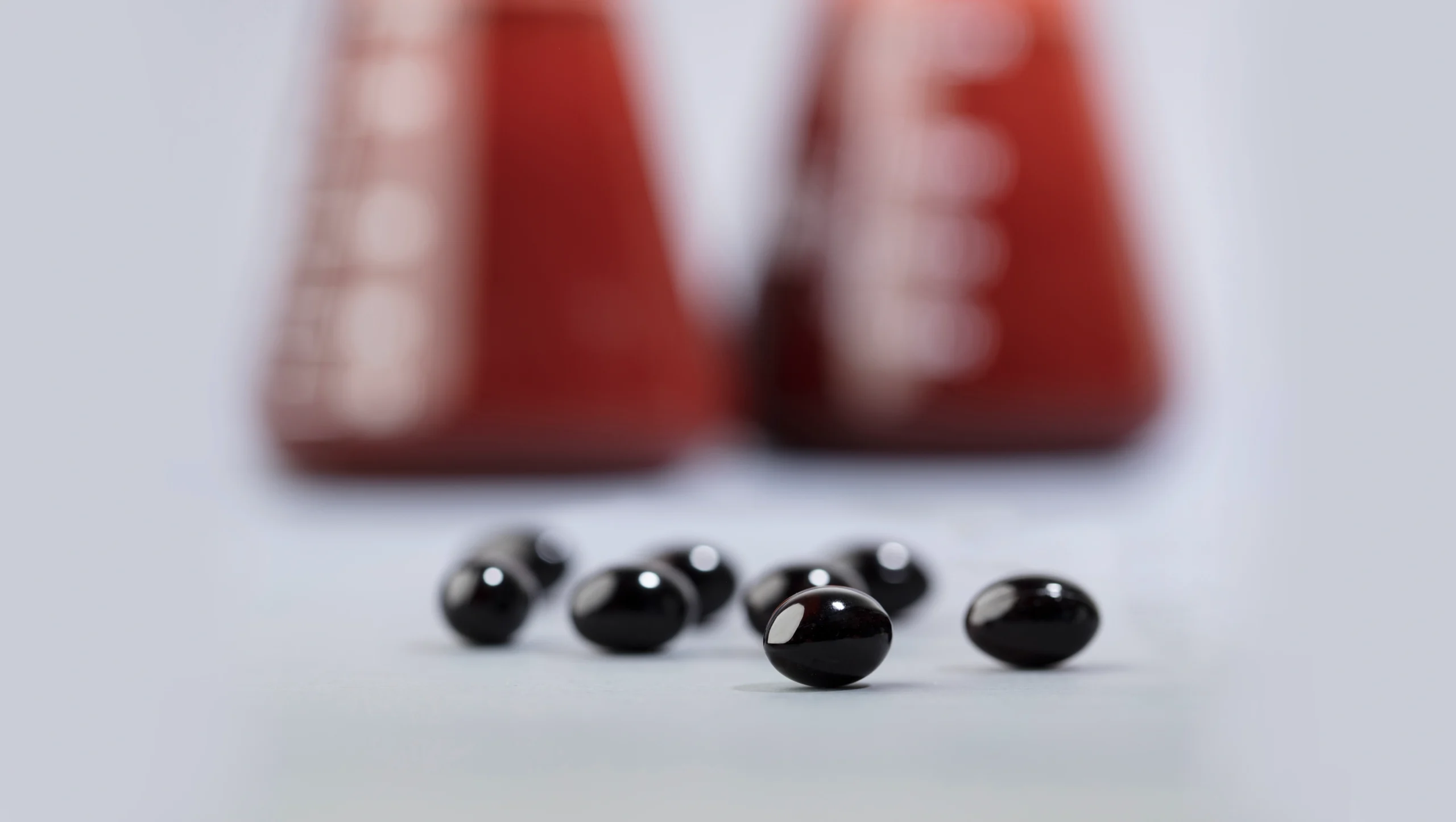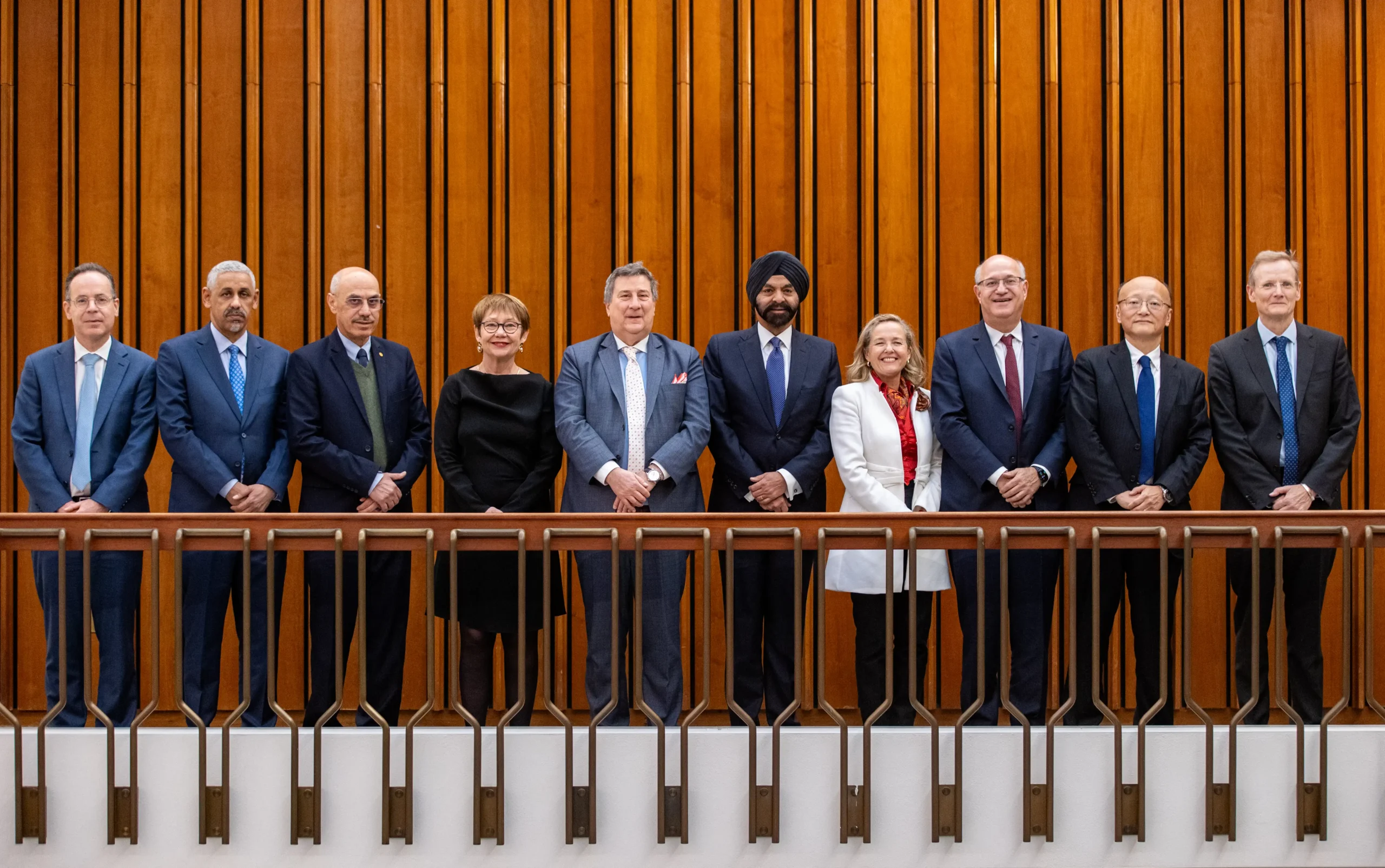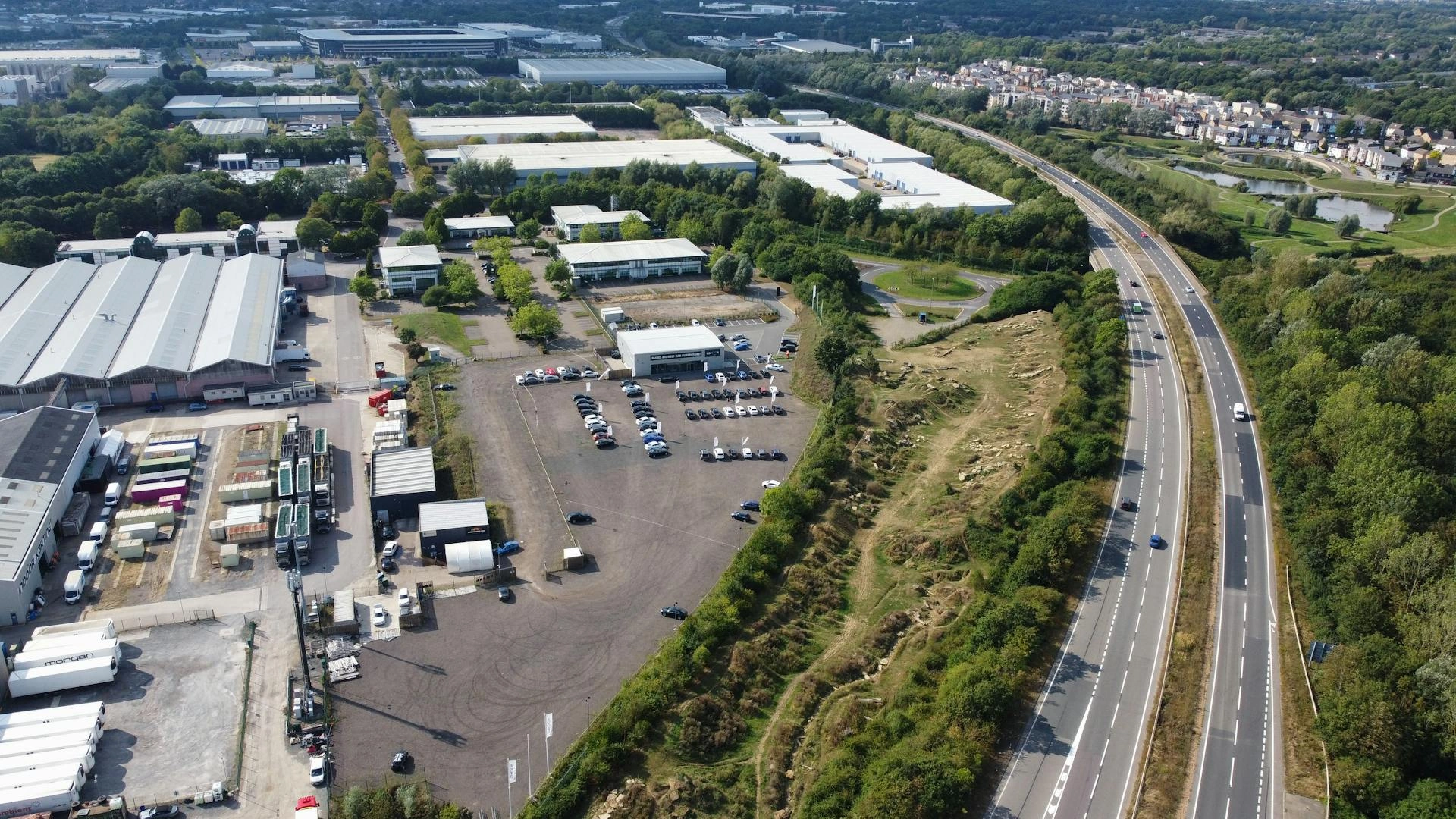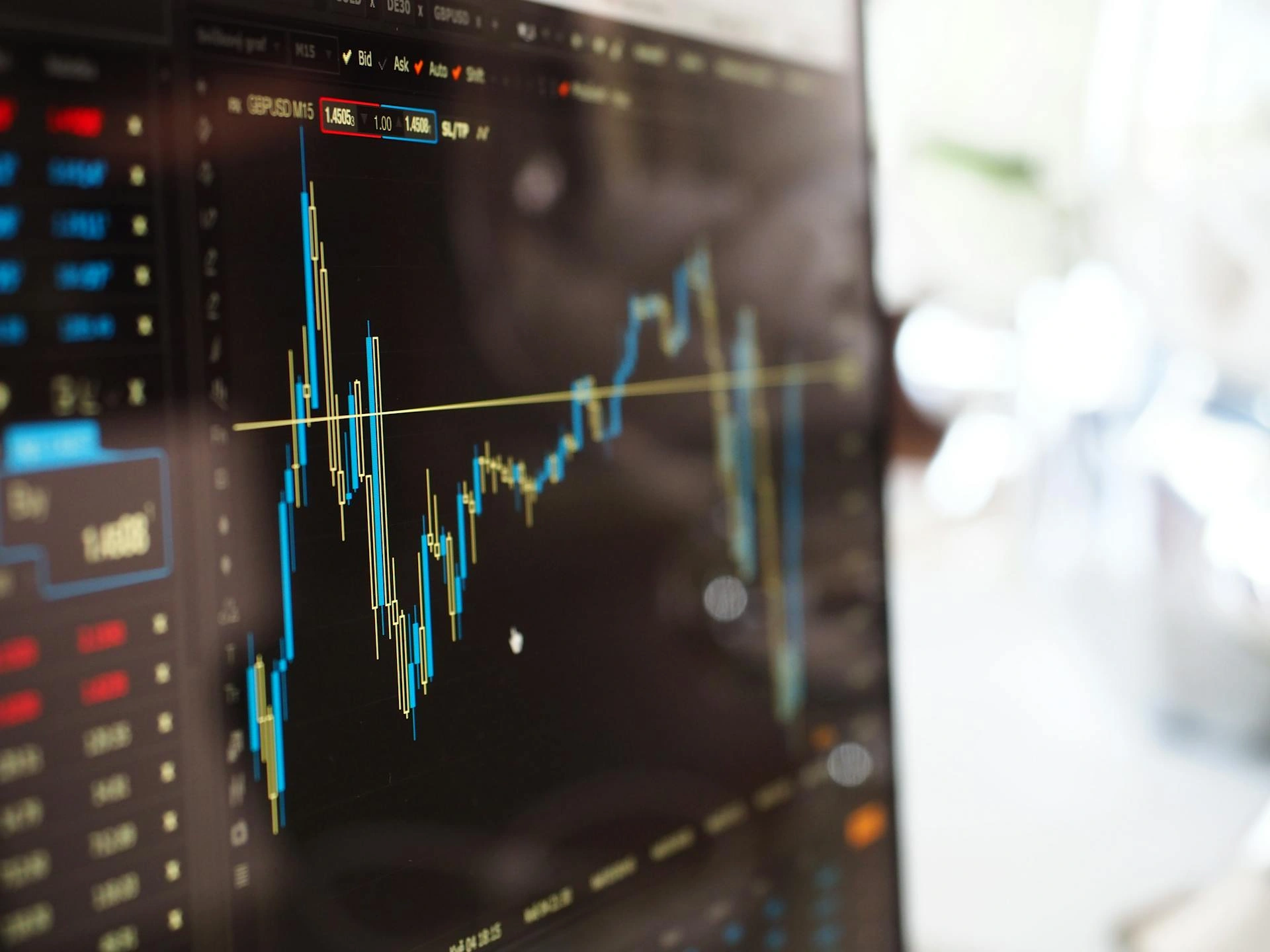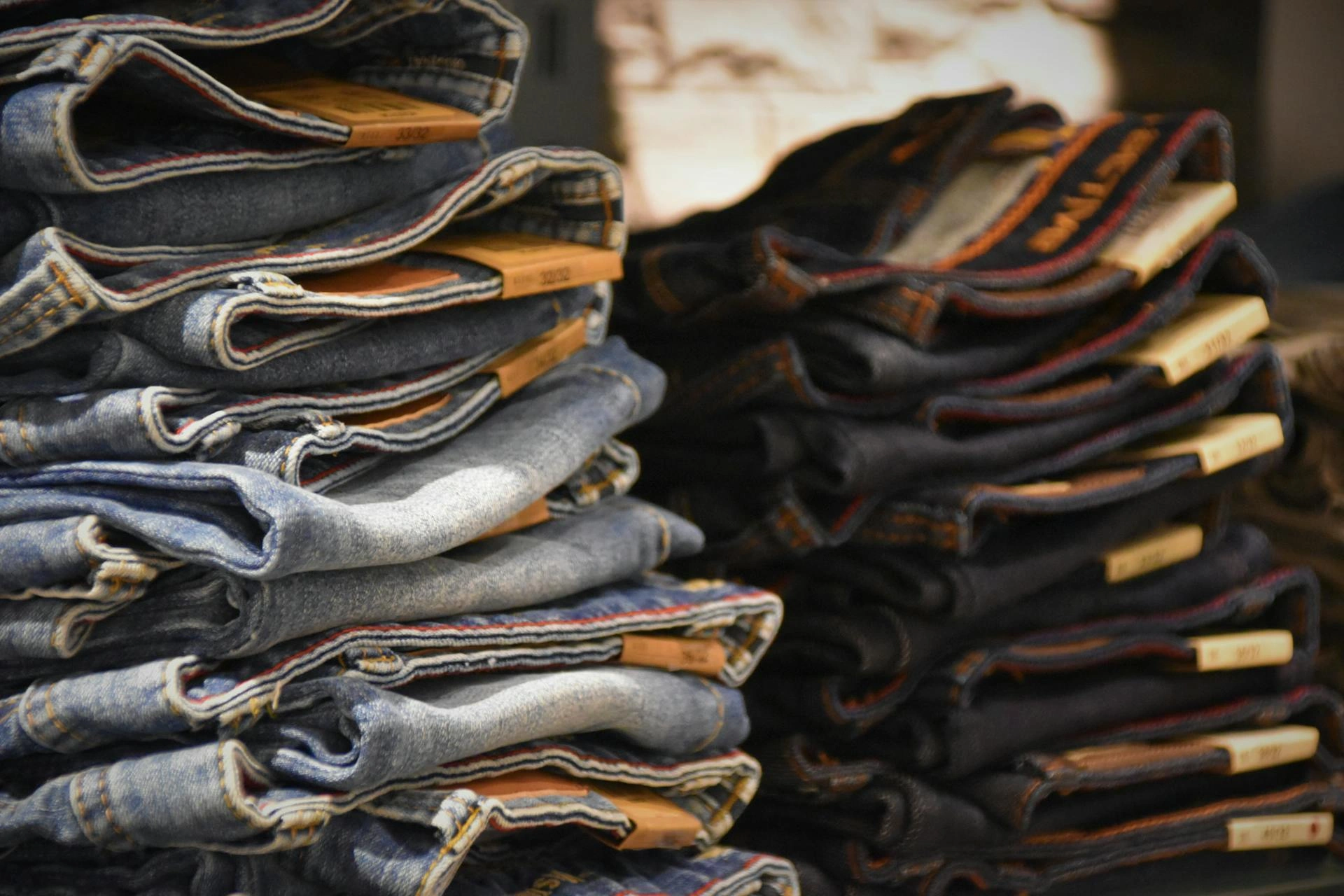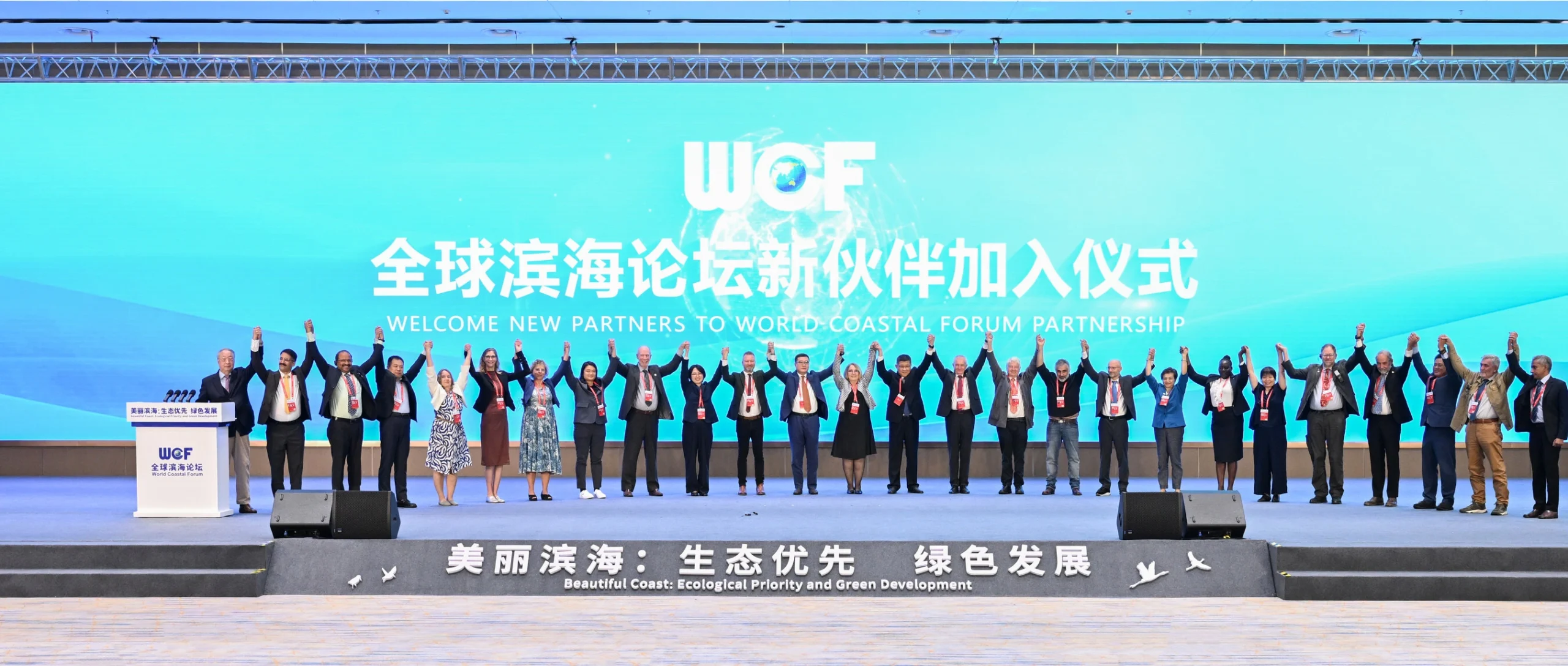EU to tighten pollution laws to clean up air and water

John E. Kaye
- Published
- Home, Sustainability

The European Union will tighten regulations on air pollution, waste and use of chemicals to protect public health and address key causes of biodiversity loss, the European Commission said on Wednesday
The plan to tackle pollution, published on Wednesday, sets out targets for 2030, on the way towards reducing air, water and soil pollution to levels no longer considered harmful to health and nature by 2050.
“One of the big lessons we have learned from the COVID crisis is the close connection between human health and the health of the planet. At the moment, neither is doing well,” EU Environment Commissioner Virginius Sinkevicius said.
Vulnerable groups including low-income communities bear the brunt of pollution’s negative impacts, he added.
Dirty air is a key culprit and is linked to the EU’s climate change goals, since factories and cars that churn out pollutants also emit planet-warming gases such as CO2.
The Commission said that by 2030 it aims to reduce premature deaths associated with air pollution by at least 55%.
Europe’s air quality has improved in recent years but is still deadly, with 379,000 premature deaths in the EU in 2018 linked to exposure to particulate matter, the European Environment Agency has said.
The Commission said it would revise EU air pollution limits next year to better align them with upcoming World Health Organisation recommendations. Tighter “Euro 7” rules, due to be proposed this year, will also limit vehicle pollution.
Other targets for 2030 include a 25% reduction in ecosystems where air pollution threatens biodiversity and a 50% reduction in marine plastic litter.
To meet those goals, the Commission will propose measures to phase out endocrine disruptors – chemicals that interfere with hormones -, consider capping ammonia emissions from livestock farming and factories, and revise pesticides regulations to reduce the use of chemicals.
EU rules coming into force from 2023 will set more stringent quality standards for drinking water. By 2025 the EU will review waste laws to improve recycling and reduce waste generation.
Reporting by Kate Abnett, editing by Marine Strauss and Gareth Jones
RECENT ARTICLES
-
 Strong ESG records help firms take R&D global, study finds
Strong ESG records help firms take R&D global, study finds -
 How residence and citizenship programmes strengthen national resilience
How residence and citizenship programmes strengthen national resilience -
 Global leaders enter 2026 facing a defining climate choice
Global leaders enter 2026 facing a defining climate choice -
 EU sustainability rules drive digital compliance push in Uzbekistan ahead of export change
EU sustainability rules drive digital compliance push in Uzbekistan ahead of export change -
 China’s BYD overtakes Tesla as world’s largest electric car seller
China’s BYD overtakes Tesla as world’s largest electric car seller -
 UK education group signs agreement to operate UN training centre network hub
UK education group signs agreement to operate UN training centre network hub -
 Mycelium breakthrough shows there’s mush-room to grow in greener manufacturing
Mycelium breakthrough shows there’s mush-room to grow in greener manufacturing -
 Oxford to host new annual youth climate summit on UN World Environment Day
Oxford to host new annual youth climate summit on UN World Environment Day -
 Exclusive: Global United Nations delegates meet in London as GEDU sets out new cross-network sustainability plan
Exclusive: Global United Nations delegates meet in London as GEDU sets out new cross-network sustainability plan -
 Fast fashion brands ‘greenwash’ shoppers with guilt-easing claims, study warns
Fast fashion brands ‘greenwash’ shoppers with guilt-easing claims, study warns -
 Private sector set to overtake government as main driver of corporate sustainability in 2026, report suggests
Private sector set to overtake government as main driver of corporate sustainability in 2026, report suggests -
 Sir Trevor McDonald honoured at UWI London Benefit Dinner celebrating Caribbean achievement
Sir Trevor McDonald honoured at UWI London Benefit Dinner celebrating Caribbean achievement -
 Historic motorsport confronts its energy future
Historic motorsport confronts its energy future -
 Protecting the world’s wild places: Dr Catherine Barnard on how local partnerships drive global conservation
Protecting the world’s wild places: Dr Catherine Barnard on how local partnerships drive global conservation -
 Europe’s HyDeal eyes Africa for low-cost hydrogen link to Europe
Europe’s HyDeal eyes Africa for low-cost hydrogen link to Europe -
 Fabric of change
Fabric of change -
 Courage in an uncertain world: how fashion builds resilience now
Courage in an uncertain world: how fashion builds resilience now -
 UAE breaks ground on world’s first 24-hour renewable power plant
UAE breaks ground on world’s first 24-hour renewable power plant -
 China’s Yancheng sets a global benchmark for conservation and climate action
China’s Yancheng sets a global benchmark for conservation and climate action -
 Inside Iceland’s green biotechnology revolution
Inside Iceland’s green biotechnology revolution -
 Global development banks agree new priorities on finance, water security and private capital ahead of COP30
Global development banks agree new priorities on finance, water security and private capital ahead of COP30 -
 UK organisations show rising net zero ambition despite financial pressures, new survey finds
UK organisations show rising net zero ambition despite financial pressures, new survey finds -
 Gulf ESG efforts fail to link profit with sustainability, study shows
Gulf ESG efforts fail to link profit with sustainability, study shows -
 Redress and UN network call for fashion industry to meet sustainability goals
Redress and UN network call for fashion industry to meet sustainability goals -
 World Coastal Forum leaders warn of accelerating global ecosystem collapse
World Coastal Forum leaders warn of accelerating global ecosystem collapse



